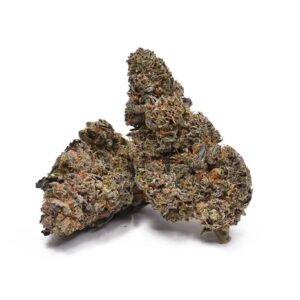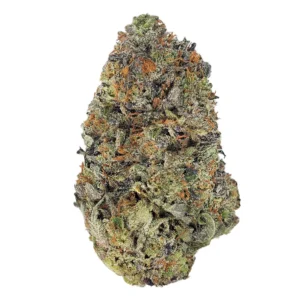In recent years, the perception of cannabis has undergone a significant transformation. Once stigmatized, it is now increasingly recognized for its therapeutic potential. Beyond its recreational use, cannabis has emerged as a contender in the realm of preventive medicine. In this exploration, we unravel seven compelling reasons why cannabis stands as one of the best preventive medicines available.
- Anti-Inflammatory Properties: Chronic inflammation is linked to various health issues, including heart disease, diabetes, and autoimmune disorders. Cannabis, particularly compounds like cannabidiol (CBD), has demonstrated potent anti-inflammatory properties. By modulating the immune response, cannabis may contribute to preventing inflammatory conditions before they escalate.
- Neuroprotective Effects: The endocannabinoid system, present in the brain, plays a crucial role in maintaining balance. Cannabis compounds, especially CBD, exhibit neuroprotective qualities. This makes cannabis a potential preventive agent against neurodegenerative diseases like Alzheimer’s and Parkinson’s by shielding the brain from oxidative stress and inflammation.
- Pain Management and Reduction: Chronic pain is a prevalent health concern that can significantly impact one’s quality of life. Cannabis, particularly strains rich in THC and CBD, has been proven effective in managing pain. By addressing pain early on, cannabis may help prevent the development of more severe and debilitating pain conditions.
- Anxiety and Stress Reduction: Mental health is an integral component of overall well-being, and chronic stress can lead to a cascade of health issues. Cannabis, especially strains with balanced THC and CBD ratios, has anxiolytic properties. By mitigating stress and anxiety, cannabis may contribute to preventing mental health disorders and their associated physical manifestations.
- Cancer Prevention and Supportive Care: While research is ongoing, some studies suggest that cannabis may have anticancer properties. Additionally, cannabis is recognized for its role in managing symptoms associated with cancer treatments, such as chemotherapy-induced nausea and loss of appetite. As a preventive measure, cannabis might contribute to maintaining overall health and supporting the body’s natural defenses against cancer.
- Cardiovascular Health: Cannabis has been associated with cardiovascular benefits, including the potential to lower blood pressure. By promoting cardiovascular health, cannabis may play a preventive role in reducing the risk of heart disease and related conditions. However, it’s crucial to note that individual responses may vary, and consultation with a healthcare professional is advisable.
- Regulation of Metabolic Health: Obesity and metabolic disorders are growing concerns in modern society. Cannabis has been linked to the regulation of metabolic processes, including insulin sensitivity and the management of body weight. By addressing these factors, cannabis may contribute to preventing the development of metabolic disorders like type 2 diabetes.
Conclusion:
As the landscape of healthcare evolves, so does our understanding of the potential benefits of cannabis as preventive medicine. The versatility of cannabis compounds, from CBD’s anti-inflammatory effects to THC’s pain-relieving properties, positions cannabis as a multifaceted tool for maintaining health and preventing a spectrum of conditions.
It’s important to approach cannabis use for preventive purposes with a mindful and informed perspective. Individual responses to cannabis can vary, and it’s advisable to consult with healthcare professionals, especially when incorporating cannabis into existing health regimens.
As research continues to unfold, the role of cannabis in preventive medicine may become more defined, offering individuals a natural and holistic approach to maintaining well-being and preventing the onset of various health challenges.






